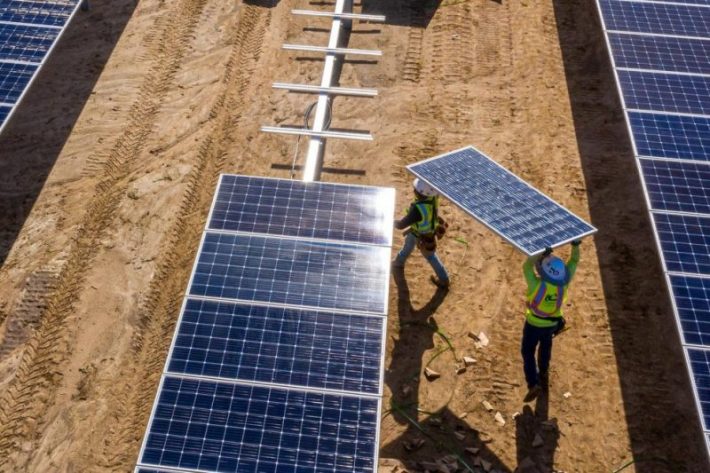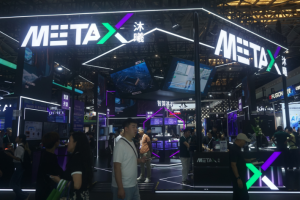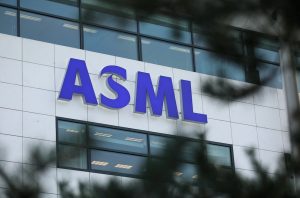The US ban on goods from China’s Xinjiang region is likely to cause a big drop in solar installations this year, a market report said on Tuesday.
The ban on goods made in Xinjiang over forced labour concerns has hit imports of solar panels hard, which analysts say are on track to fall by nearly 25% this year.
The dour forecast by industry trade group the Solar Energy Industries Association and research firm Wood Mackenzie comes as solar companies seek to take advantage of generous subsidies in the Inflation Reduction Act (IRA), a new law that encourages clean energy technologies to address climate change.
Installations of utility-scale projects, in particular, will contract by 40% this year from 2021 to 10.3 gigawatts, according to the quarterly report.
Big projects for utilities and other large customers make up the largest part of the US solar market. Commercial and community installations are also expected to decline, though the residential market is forecast to surge 37%.
Overall, US installations are expected to fall 23% to 18.6 GW.
ALSO SEE:
US ‘Desperate’ For Better Ties, Says China on Delegation Visit
Over 1,000 Shipments Detained
Supply constraints are expected to last until the second half of next year and delay the effects of the IRA, the report said.
More than 1,000 shipments of solar energy imports worth hundreds of millions of dollars have piled up at US ports since the – went into effect in June.
The detainments have halted new shipments as manufacturers fear additional cargoes will also be seized.
The UFLPA requires producers to show sourcing documentation of imported equipment back to the raw material before imports can be cleared. That has proven more difficult than solar companies expected, SEIA said.
“In the aftermath of the Inflation Reduction Act (IRA), we cannot afford to waste time tinkering with trade laws as the climate threat looms,” SEIA president Abigail Ross Hopper said in a statement.
The report expects the market to return to growth next year, with annual increases of 21%, on average, between 2023 and 2027.
- Reuters with additional editing by Jim Pollard
ALSO SEE:
US Crackdown on China ‘Slave Labour’ Blocks Solar Projects
US Ban on Xinjiang Could Hit Global Solar Panel Industry
China Should Release All Detainees in Xinjiang, UN Says
US Ready for Xinjiang Goods Ban: Customs Official
US Senate Passes Xinjiang Import Ban Over ‘Forced Labour’
US Commerce Department casts new shadow on China’s solar industry
























